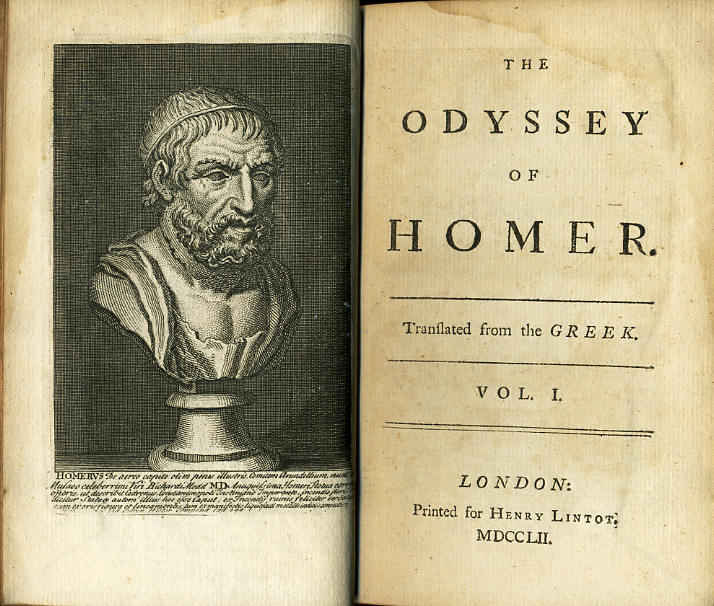Translating works of literature into another language is powerful. It opens up various communities to the book, poetry, play, essay, whatever the piece may be. It allows for new, varied perspectives for intermingling with and understanding the text. It offers different ways in. And, yes, translation is political.
All writing is political. Novels are political. Ad copy is political. Tweets are political. The first bloody handprint on a cave wall was political. And to pretend otherwise is political, too.
— Lauren Groff (@legroff) November 21, 2017
That’s certainly the case for the newest translation of The Odyssey by Homer, which was translated by Emily Wilson. She’s the first woman to ever translate the long poem into English. And it’s been translated dozens and dozens of times.
Wilson’s opening line for the 12,110-line epic: “Tell me about a complicated man.” She’s a professor of classical studies at the University of Pennsylvania and has also translated plays by the ancient Greek playwright Euripides and the Roman philosopher Seneca.
Wilson’s translation doesn’t stray or hide from what she sees as truths of the poem. Such as slavery being a reality and the women having roles, voices, responsibilities. “It sort of stuns me when I look at other translations, how much work seems to go into making slavery invisible,” Wilson said in an article in Vox.
“If you’re going to admit that stories matter, then it matters how we tell them, and that exists on the level of microscopic word choice,” Wilson said in an article in The New York Times.
The importance of representation becomes clear in translated literary works. Translations are interpretations, Wilson explained. The translator has such authority, s/he makes choices that no one may know about in the ultimate version. S/he decides so much of what is understood.
“I had a childhood where it was very hard to name feelings, and just the fact that tragedy as a genre is very good at naming feelings. It’s all going to be talked out. I love that about it,” she said in The Times.
More women should have their books translated. It is an overwhelmingly male dominated field. “Only a third of books translated into English last year were by female writers,” according to The Guardian. However, many women do the actual work of translating: “the balance of male and female translators is more or less equal — so far in 2017, women have translated 248 books into English while men are responsible for 249.”
Translation is a part of the wider diverse books/literature movement. Diverse books are necessary for kids and adults to see themselves on the page and in media. Diverse authors are necessary to write these books because they know the stories best, they should write them. Diverse publishers, agents, presses, houses, and marketers are necessary because they are the reasons we will get more diverse and representative literature. And diverse translators and translations are necessary because they broaden the reach of all of these stories, broaden the reach of authors, broaden the connection among different societies in the world.
